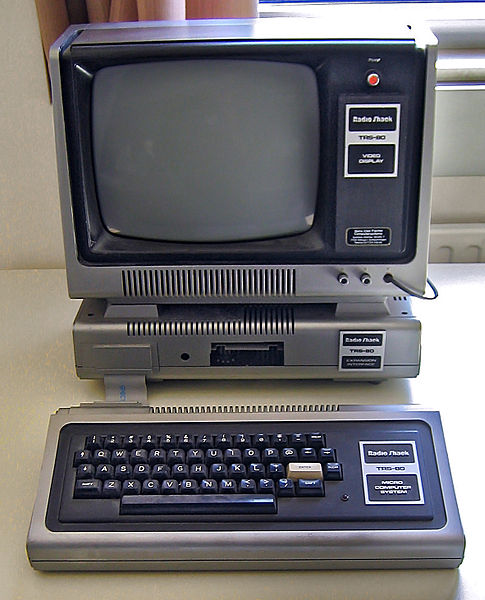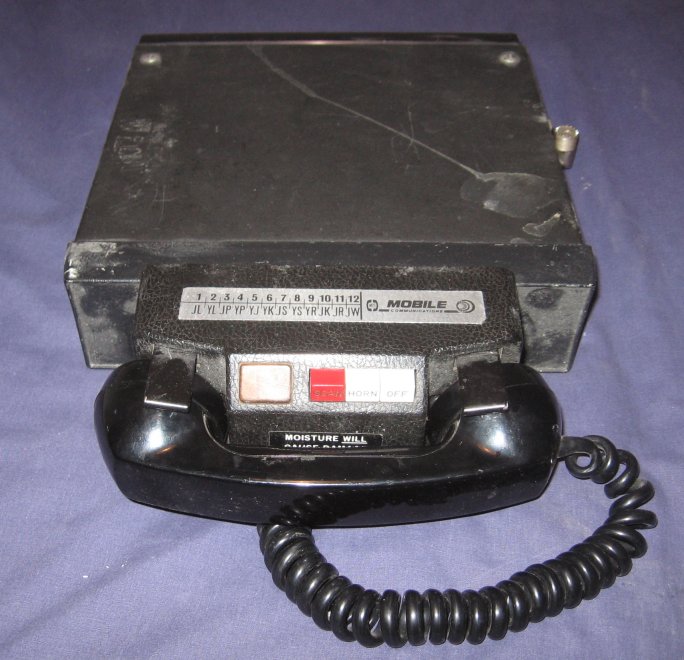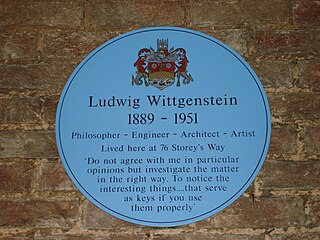Goodbye social media.
I’ve given you a fair shot, but I’m turning you off and
tuning you out. If you want to know why, please feel free to keep reading. If
not, that’s okay too.
You see, I was born in 1967. That means my life can be
comfortably divided into two halves: 1967-1990, and 1990-2013. Each of these 23
year periods are marked by remarkable differences and periods of change. And
now that I reflect on both what I’ve gained and what I’ve lost in the bargain,
I’ve decided to stick with what I like and get rid of what I don’t. So here's a
little history—I’ll try and keep it brief:
I appreciate having grown up in the 1970’s and early 1980’s.
We had a rotary phone hanging on our wall, a three-channel television with
rabbit ears, and Saturday mornings were the only time you could watch a
half-day’s worth of cartoons (totally worth waking up for). When we played, we grabbed footballs, bats
and gloves, or BB-guns, and peddled off to whatever adventures we could find.
In the late 1970’s we discovered Dungeons and Dragons, and despite our parent’s
concerns we were secretly summoning Beelzebub through candle-lit pentagrams, we
gathered and stretched our imaginations into characters and worlds fantastic
and wonderful. Geeky, I know. But awesome too.
 |
| I had this bad boy |
I watched as the personal computer came into the home,
starting with a Radio Shack TRS-80 my dad bought me; then to the much upgraded
Commodore 64 thanks to mom (and a divorce that left both sides offering
material incentives to keep me smiling and playing along.) I soon decided
computers were cool. I watched MTV when it was a small cable channel and
listened to Howard Stern when he was a local DJ in Washington DC. Life was
good.
I graduated high school in 1985. That was the year the first
version of Windows was released, and in a computer science class I helped a
girl with her homework by writing the answer: D$=”Mr. Hacking is a Jerk.” Yep, she didn't check it and that was the name of the teacher—score!
The next year the 386 PC rolled off the factory line, and those riding the vanguard of technological change were called
Generation X. That was cool too.
Then the decade turned over and my second 23-year clock
started ticking. And while personally these were great years (I was married and
we had four kids by 2000), I remember the rise of this thing called the
Internet. I was in college and schools were the early adopters. Gopher was the
first point and click navigation system, and we anxiously
listened to sounds of modems squelching before the long march of pixels began
to trace images across our monitors. We didn’t know it was slow at the time
because it just was, and there was nothing else like it. Five years later CompuServe,
America Online, and Prodigy started providing dial-up services, and I remember
the first time I saw a URL listed on a commercial—it was for Ford. It hit me
that this Internet thing was going to change things.
 |
| Totally used this phone |
As far as other stuff going on I had early access to cell
phones because I worked as a radio DJ, and we had a version that had both a
base and a handset. This is pre-brick
folks, just to put it into perspective. I remember the first time I placed a
call from a car--something very few people were able to do--and I started the
conversation with, “I’m totally calling you from a car!” Yep, that’s how novel
it was. Then things just exploded: modems disappear, phones get smaller,
bandwidth goes up, and everything gets faster.
Social media came on the heels of the technology that
supported it. I remember Geocities as
the first virtual hub of sorts (it’s still available in Japan, by the way.)
Blogging starts and Google comes on the scene. Jump to the 2000’s as Wikipedia
arrives and Friendster, MySpace, Digg, Facebook, and YouTube bubble up to
prominence to either thrive or succumb to the next offering. Meanwhile we have
three more kids (awesome). Also, I realize my kids will never know a time
before the Internet. I’m not sure how I feel about that.
Now as we move into the next decade social media has wrapped
its tentacles around everything we do. It’s no coincidence that twitter founder
Jack Dorsey listened to emergency dispatch calls as a kid and found the idea of
short blurbs of information announcing who you were, what you were doing, and
where you were going, as inherently interesting. Now we’re all dispatchers, and if
we choose we can listen in to whomever we want (notice I wrote “whomever” just
to be a smarty-pants).
 |
| One of the more useful philosophers |
My problem with social media goes back to my favorite
philosopher, who wrote meaning is always a derivative of use. Or in other words,
Facebook isn’t about what it represents but about how it’s used. If I were to
reach back to my 1985 self and describe the social media experience, I’d use
the following metaphor:
Imagine you’re walking
through a crowded mall. Everyone there has a megaphone and shouts what they’re
doing, thinking, or feeling. Friends are those with megaphones turned in your
direction (being a friend has nothing to do with how much you really know or
care about someone). Everyone else is shouting too, but their megaphones are
pointed in other directions (these are non-friends). And a lot of people are
angry: about the government, elected officials, the media, neighbors, religion,
and social issues. But these are not
arguments in the Socratic sense of hoping to work toward some truth—these are
arguments about winning. Being entrenched is seen as strength and being
open-minded a surrender to moral relativism. Since this is a contest, he who
shouts the loudest and with the most vitriol seems to win. Those not in the argument
have lots of things to say as well, because it’s important to know what
everyone is doing as often as possible. These are not mean spirited
communications, and there are real moments of love, laughter, and appreciation;
but every life seems to require its own running commentary, and since
everything is news what’s really important is easily lost.
For some strange
reason most of the stores in this mall are filled with Hallmark card shops offering
various inspirational saying, platitudes, or images of cats demanding to be
liked. Of course there are other stores too, but you’re never left to just
quietly browse these. The maelstrom of noise is everywhere, and at each step
smart billboards follow. And these billboards never leave your
line of sight, constantly advocating that you buy this or do that. All
the while there’s more shouting and more updates from friends who may or may
not give you the time of day if you really needed them, and more opportunity
for billboards to watch, track, target, and add their messaging to the fray. We have surrendered wisdom for knowledge, and conversation for data. And so long as you remain trapped in this mall that will not change.
 |
| 1985 Self Reacts to Metaphor |
Knowing my 1985 self I think the answer to this scenario
would be rather straightforward: “That mall sucks. You should totally ditch it.”
So I’m finding the exit and walking away. If
you really are my friend you’ll know that this has nothing to do with how I think of
you and what I’d be willing to do for you. Instead, my analysis of the two 23
year periods of my life found more joy in the simple things, and less in the ongoing chaos of being plugged in to social media. I desire a more simple kind of life. I will continue to write
and post updates via book pages and such, but I am largely disconnecting from social media. I hope you understand and don't take it personally, because my decision feels really, really good. Almost waking up on a Saturday morning and watching cartoons good.
Great post!
ReplyDelete"meaning is always a derivative of use"
Perhaps instead of terminating the use of Social Media, you can simply modify how you use it?
Personally, I have a high tolerance for cacophony... maybe even an affinity for it. So I remain in the mall, floating along with the noise like I'm on a raft in the lazy river, trying my best to enjoy the show.
Peace!
Frank.
Awesome. Yeah, great advice -- I'm going to use some social media for book / author updates and such.
DeleteGreat insight Platte! I to have recognized the drudgery of social media, consumes the most important times of our lives. So much is left behind by being plugged in
ReplyDeleteThanks! A friend recommended a book called "The Shallows: What the Internet Is Doing to Our Brains" as a scientific perspective on what I think I'm feeling on a humanist level. One of the reviewers framed the argument as:
ReplyDelete- Greater access to knowledge is not the same as greater knowledge.
- An ever-increasing plethora of facts & data is not the same as wisdom.
- Breadth of knowledge is not the same as depth of knowledge.
- Multitasking is not the same as complexity.
More reason to keep our kids reading and foster a love for books, classics and contemporary.
http://www.amazon.com/Shallows-What-Internet-Doing-Brains/dp/0393339750
And to think I was born at the heals of social media. Even Ender's Game foreshadowed the force influence it would make. The 80s ... what a childhood. :)
ReplyDelete